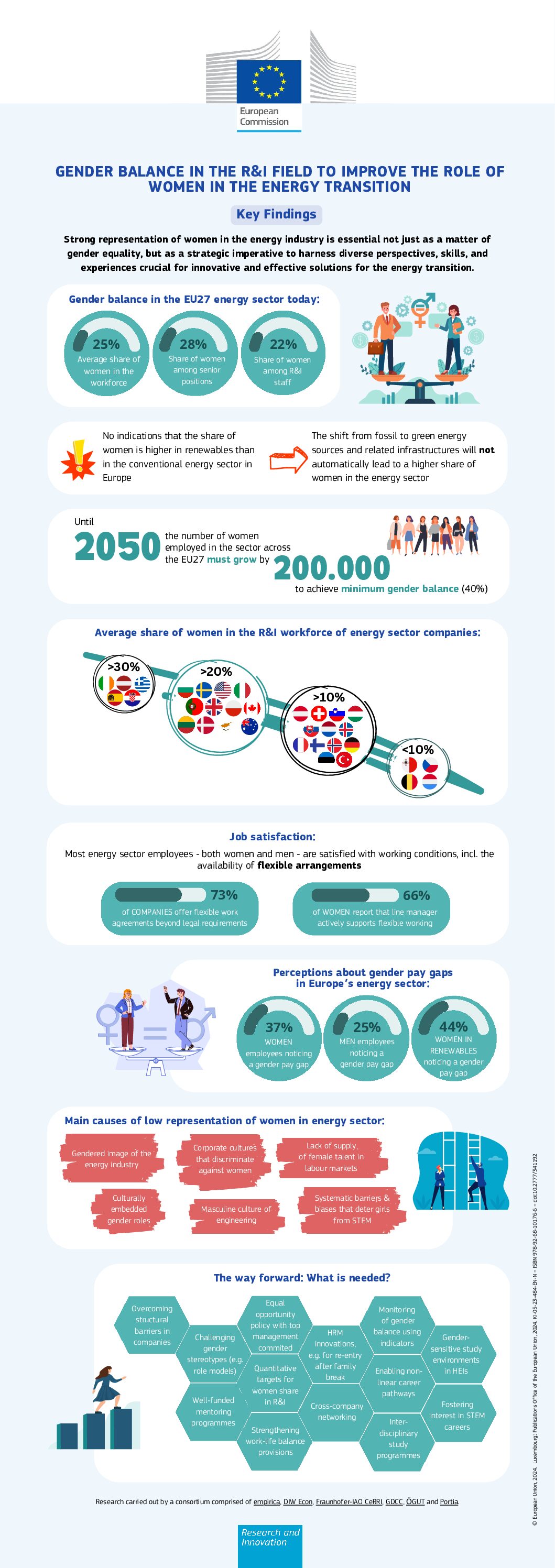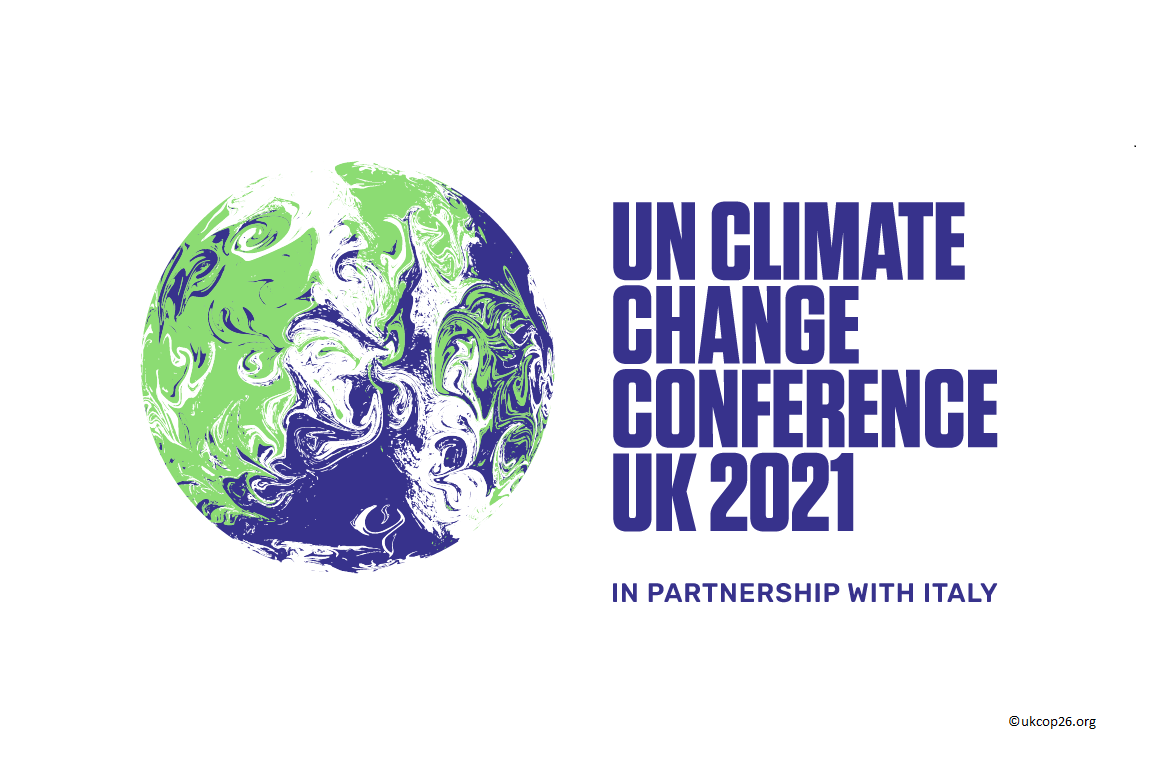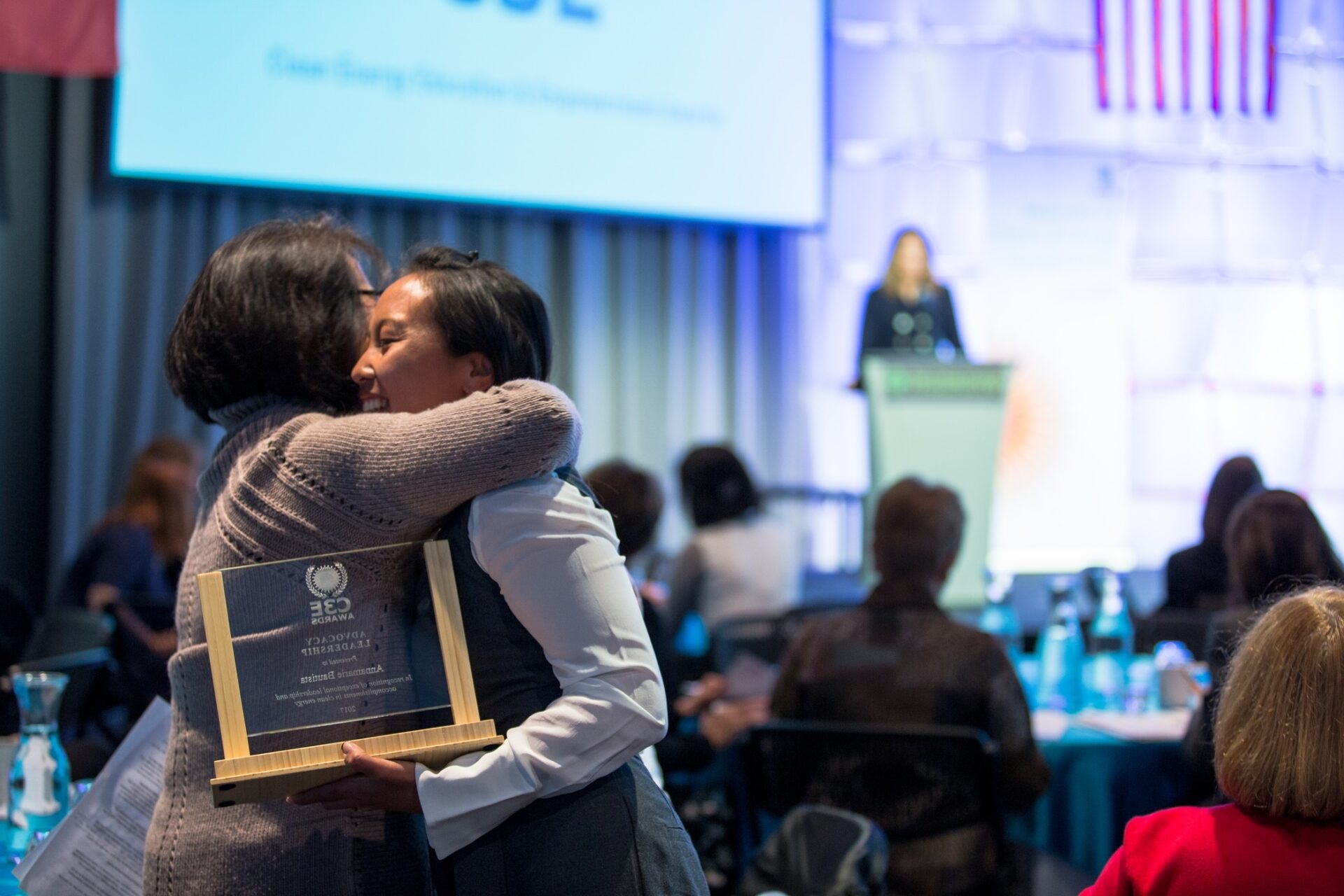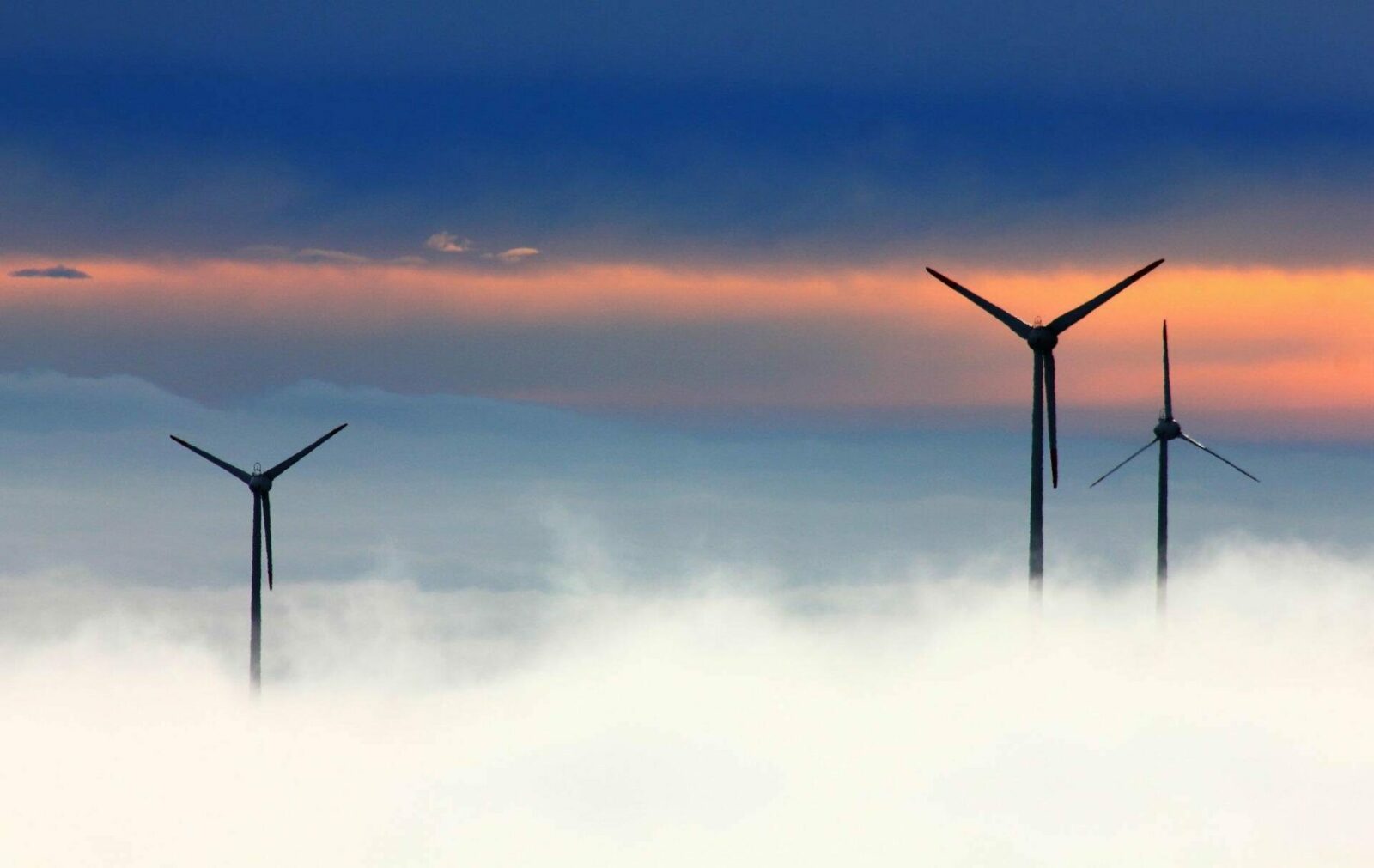
While our 12 member countries are steadily putting in a lot of work and energy in their contribution to the Equality Initiative, the governments are also constantly working on gender equality and advancing women’s representation in the energy sector as well as STEM fields. In the last post we highlighted the work of Autralia, Austria, Canada and Chile. In Part 2 we focus on the domestic and international activities of three more members – Sweden, UK and the US.
 Sweden
Sweden
We can’t spotlight Sweden’s work without mentioning their fantastic feminist foreign policy. Human rights for women and girls are an obligation for peace, security, and sustainable development. Sweden has a strategy in place for 2018-2022 with around 100 million EUR dedicated funding to global gender equality and all women and girls’ full enjoyment of human rights. Next, they run a development program for gender mainstreaming in 60 government agencies and 33 higher education institutions. The budget, legislation, and EU processes in the Government Offices are also gender mainstreamed. The Swedish EPA has been assigned by the Government to present a strategy to integrate a gender perspective into the implementation of the Paris Agreement, in accordance with the five focus areas of the Gender Action Plan developed under the UNFCCC. In 2015 Sweden also launched “Kraftkvinnorna” (“the Power women”), a professional network for women in the energy sector aiming to increase the proportion of women in leading roles a thereby attracting more women to work in the energy sector.
 United Kingdom
United Kingdom
The UK’s Net Zero Strategy committed to form a new Green Jobs Delivery Group, to support the development and delivery of the Government’s plans for green jobs and skills and improve diversity in the green economy. It is the central forum through which government, industry and other key stakeholders work together to ensure that the UK has the workforce needed to deliver a green industrial revolution. It will also try to improve data collection and transparency. Additionally, at COP26, the UK Government signed a declaration “Supporting the Just Transition Internationally”, recognizing that climate change can increase social inequalities and ensuring that no one is left behind in the transition to a net zero and climate resilient future. The UK agreed nuclear & offshore wind sector deals with specific targets to increase workforce diversity & supports industry-led initiatives like POWERful women in order to address the lack of gender diversity in the green economy. Furthermore, The UK and France jointly run the UK-France Women in Nuclear partnership, a joint mentoring program that pairs women from the GB and FR nuclear sectors to help them develop their international skills and networks. The Institutes of Technology across England are utilizing their facilities to offer training in green skills and supports participation from underrepresented groups, including women, with STEM skills needed for green jobs. Also, The Energy Leaders’ Coalition comprises sixteen leading CEOs from the UK’s energy sector and the energy sector regulators. They are making a public declaration to improve gender diversity in their companies and in the sector as a whole. Lastly, The UK Partnering for Accelerated Climate Transitions program has developed gender equality and social inclusion (GESI) guidance for its country programs plus the UK Government joined the Action Coalition on Feminist Action for Climate Justice at the Generation Equality Forum in 2021, affirming their commitment to championing womens’ climate leadership, education, and decision-making.
 United States of America
United States of America
The US has recently released their Roadmap to Equity: Implementing Racial Equity and Support for Undeserved Communities at DOE. There are five strategic equity goals which are the foundation for helping us create a more inclusive, diverse environment. First, addressing gaps in data collection to facilitate data-informed decision-making. Second, increasing opportunities for new applicants to the U.S. Department of Energy funding opportunities. Third, increasing participation in the Department of Energy’s research and development as well as financial assistance programs. Fourth, expanding strategic Tribal and stakeholder engagement across programs. And fifth, improving access and equity in the Department of Energy’s Weatherization Assistance Program (WAP). Furthermore, the IEA Governing Board established the IEA Gender Advisory Council to further guide and strengthen the IEA’s work on gender equality inn June 2021. The Council consists of senior officials from member countries which will advise the IEA Secretariat and its members on gender mainstreaming in energy policymaking and activities.
Stay tuned for part #4!

 Sweden
Sweden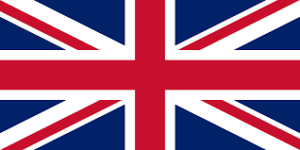 United Kingdom
United Kingdom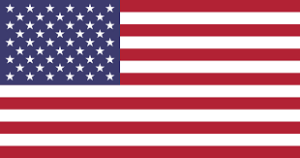 United States of America
United States of America
